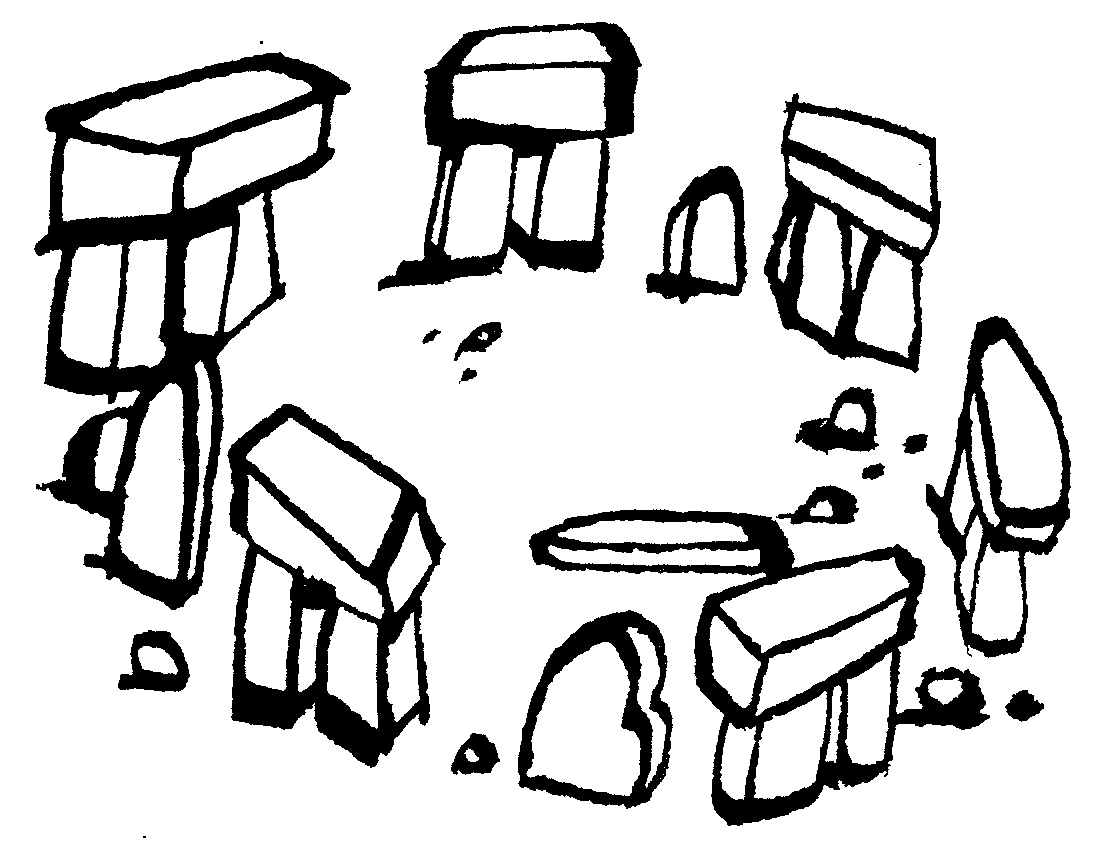All around us, the seemingly immutable laws of history betoken wrack and ruin. Or so a rogue’s gallery of pundits, prophets, and politicians would have people believe. Cultural critics both right and left offer velvet-rope access to an endless reservoir of stories about impending civil war and looming climate apocalypse. The social scientists have also done their part, as when 1970s-era MIT supercomputer predictions of 2040 civilizational collapse were seemingly confirmed by follow-up research. Zoologist turned “cliometrician” Peter Turchin claims that 40 or so indicators of social unrest, as poached from historical datasets of varying accuracy and quality and rendered in formulae such as Ѱ = MMP×EMP×SFD—which purports to measure the capacity of overproduced elites to “mobilize” against the state—augur a miserable decade ahead. Biophysicist Jared Diamond wrote a veritable FAQ on the subject, the 2005 book Collapse: How Societies Choose to Fail or Succeed.
Theories of collapse and decline, as well as theories of historical cycles, have constituted the backbone of cultural critique for centuries. We are always either far removed from some golden age, or living in the last days, holding fast and hunkering down as we near, or perhaps even enter, the end of history. These are charming and romantic notions; for what promising young Werther doesn’t envision turning off the lights of a world, of the universe perishing alongside his own unrecognized genius?
“We are always either far removed from some golden age, or living in the last days.”
But such notions have never held much appeal for me. The past was a foreign country that had to be understood in all its peculiarities rather than through the operation of timeless laws. What, then, of the present, which is really just an endlessly unfolding future? Of that I held, in the main, with C.S. Lewis’s interpretation in his 1960 essay “The World’s Last Night”: “The doctrine of the Second Coming has failed…if it does not make us realize that at every moment of every year in our lives [John] Donne’s question ‘What if this present were the world’s last night?’ is equally relevant.”
